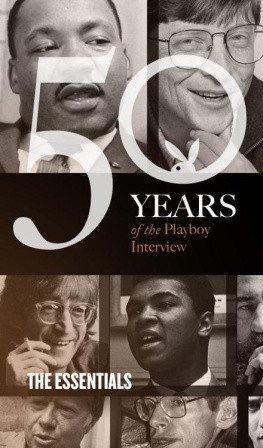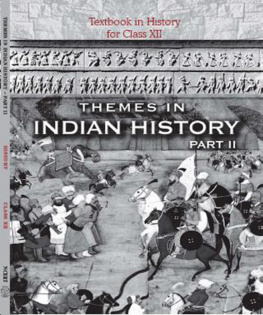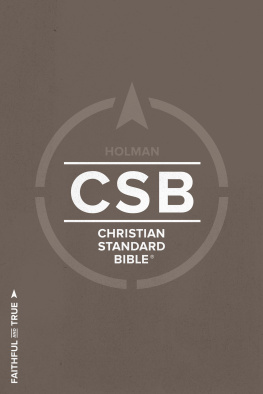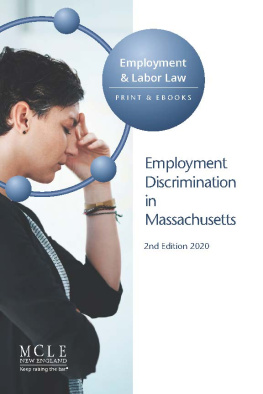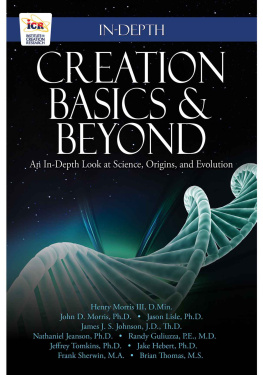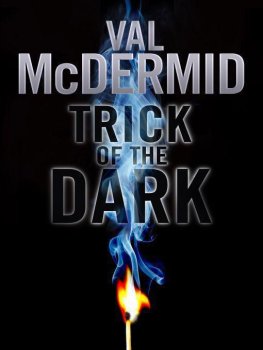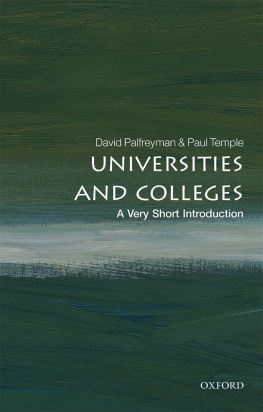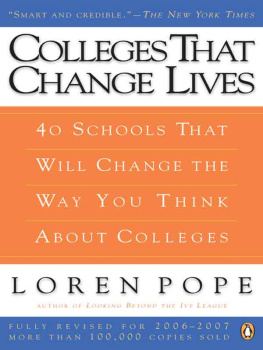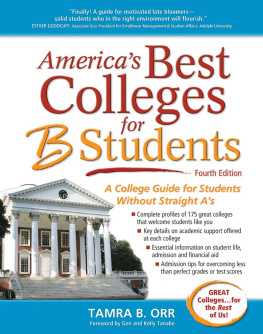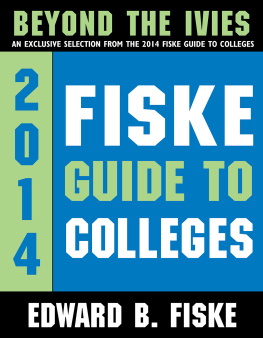PREFACE.
Table of Contents
The history of any one of the older Colleges of Oxford extends over a period of time and embraces a variety of interests more than sufficient for a volume. The constitutional changes which it has experienced in the six, or four, or two centuries of its existence have been neither few nor slight. The Society living within its walls has reflected from age to age the social, religious, and intellectual conditions of the nation at large. Its many passing generations of teachers and students have left behind them a wealth of traditions honourable or the reverse. Yet it seems not impossible to combine in one volume a series of College histories. What happened in one College happened to some extent in all; and if, therefore, certain periods or subjects which are fully dealt with in one College are omitted in others, a single volume ought to be sufficient, not merely to narrate the salient features of the history of each individual College, but also to give an intelligible picture of College life generally at successive periods of time.
This is what the present volume seeks to do. Brasenose and Hertford chapters give a hint of the multiplicity of halls for Seculars out of which the Colleges grew; in Trinity and Worcester chapters we have a glimpse of the houses for Regulars which for a while mated the Colleges, but disappeared at the Reformation. In Queens College, early social conditions are described; in New College, early studies. Balliol College gives prominence to the Renaissance movement; Corpus Christi to the consequent changes in studies. In Magdalen College we see the divisions and fluctuations of opinions which followed the Reformation; in S. Johns, the golden age of the early Stuarts; in Merton, the dissensions of the Civil War; in Exeter College, the strong contrast between Commonwealth and Restoration. University College naturally enlarges on the Romanist attempt under James II. The bright and dark sides of the eighteenth century are exhibited in Pembroke and Lincoln. To Corpus, which had described the Renaissance, it belongs almost of right to depict the renewed love of letters which distinguishes the present century. And as with successive phases of social and intellectual life, so with other matters of interest. Oriel College gives a full account of the different books of record of a College, and of the long warfare of contested elections. Lincoln College sets forth the constitutional arrangements of a pre-Reformation College. Lincoln and Worcester show through what uncertainties projected Colleges have to pass before they are legally settled. Christ Church suggests the architectural and artistic wealth of Oxford.
It is only fair to the writers of the separate chapters to say that the limits of length imposed on them, and the selection of subjects for special treatment, are not of their own choosing. Space for fuller treatment in each case is of necessity wanting; but somewhat greater latitude has been allowed to those less fortunate Colleges which have no history of their own, extant or in prospect. Colleges which have found their historian, will not, it is hoped, grudge their sisters this consolation.
A. C.
August 1891.
I.
UNIVERSITY COLLEGE.
Table of Contents
By F. C. Conybeare, M.A., sometime Fellow of University College.
The popular mind concerning the origin of University College is well exampled in the form of prayer which after the reform of religion was used in chapel on the day of the yearly College Festival, and which begins in these words
Merciful God and loving Father, we give Thee humble and hearty thanks for Thy great Bounty bestowd upon us of this place by Alfred the Great, the first Founder of this House; William of Durham, the Restorer of it; Walter Skirlow, Henry Percy, Sir Simon Benet, Charles Greenwood, especial Benefactors, with others, exhibitors to the same.
However, Mr. William Smith, Rector of Melsonby, and above twelve years Senior Fellow of our Society, who in the year 1728 published his learned Annals of the College, sets it down that King Alfred was not mentioned in the College prayers as chief founder until the reign of Charles I., and he relates how that Dr. Clayton, after he was chosen Master (in 1665), when he first heard King Alfred named in the collect before William of Durham, openly and aloud cried out in the chapel, There is no King Alfred there.
For at an earlier date it had been of custom to pray indeed for the soul of King Alfred, but only in the following order
I commend also unto your devout Prayers, the souls departed out of this world, especially The Soul of William of Durham, our chief Founder. The Soul of Mr. Walter Skirlaw, especial Benefactor. The Soul of King Alfred, Founder of the University. The Soul of King Henry the 5th. The Souls of Henry Percy, first Earl of Northumberland; Henry the 2nd Earl, and my Ladies their Wives, with all their Issue out of the World departed. The Souls of all them that have been Fellows, and all good Doers. And for the Souls of all them that God would have be prayed for.
The date of this form of prayer is concurrent with Philip and Mary; between whose reign and that of Charles I. it is therefore certain that King Alfred was lifted in our prayers from being Founder only of the University to the being Founder of our College. And in so much as during many generations the belief that this college was founded by King Alfred has, by all who are competent to judge, been condemned for false and erroneous, I will follow the example of the learned antiquarian already mentioned, and recount its true foundation by William of Durham; eschewing the scruples of those brave interpreters of the law, who in the year 1727 said in Westminster Hall, that King Alfred must be confirmed our Founder, for the sake of Religion itself, which would receive a greater scandal by a determination on the other Side, than it had by all the Atheists, Deists, and Apostates, from Julian down to Collins; that a succession of Clergymen for so many years should return thanks for an Idol, or mere Nothing, in Ridicule and Banter of God and Religion, must not be suffered in a court of Justice.
The historical origin of University College dates from the thirteenth century, and was in this wise. There was in the year 1229, so Matthew Paris relates, a great falling out between the students and citizens of Paris, and, as was usual for Academicians then to do, all the scholars removed to other places, where they could have civiller usage, and greater privileges allowed them, as the Oxonians had done in King Johns time, when three thousand removed to Reading and Maidstone (and as some say Among other Englishmen who left Paris in consequence of these dissensions, was Master William of Durham, who repaired at first to Anjou only. But we may well suppose that his attention was drawn by the fostering edicts of the English king to Oxford as a centre of schools. It is certain that when he died, at Rouen, on his way home from Rome, twenty years later, in 1249, abounding in great Revenues, eminently learned, and Rector of that noble Church of Weremouth, not far from the sea, he bequeathed to the University of Oxford the sum of three hundred and ten marks, for purchase of annual rents, unto the use of ten or eleven or twelve, or more Masters, who should be maintained withal.




